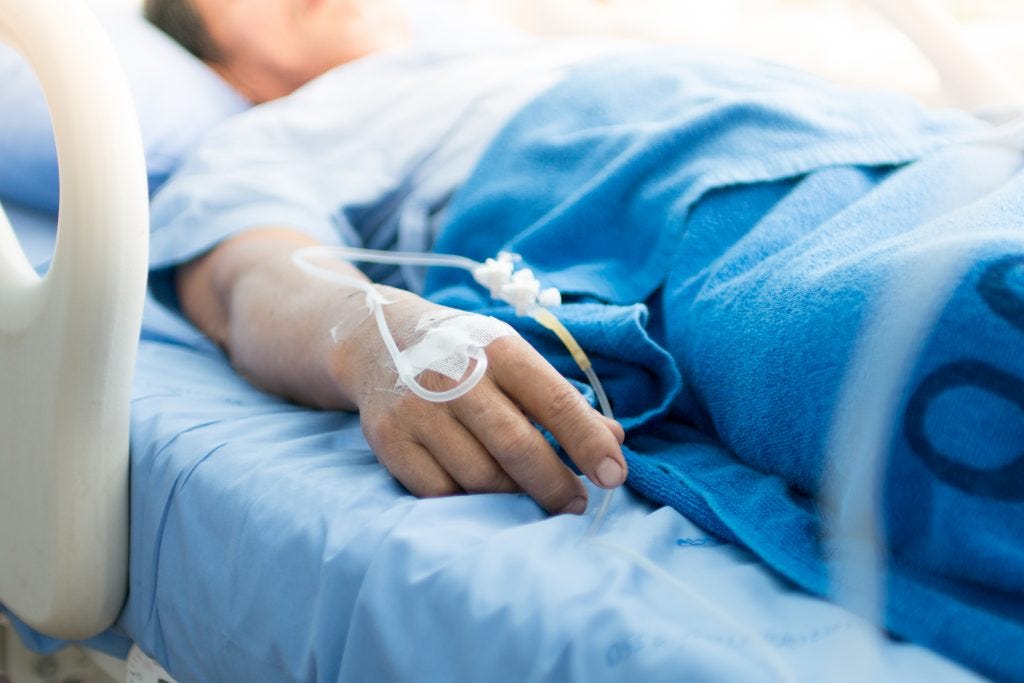Doctors say imperfect gun law will still save lives
Read the reaction to the proposed gun control law
The federal government introduced new gun control legislation on Tuesday that would introduce a buy-back program for barred firearms, allow municipalities to ban handguns and increase criminal penalties for gun smuggling and trafficking, reported the CBC.
Bill C-21 comes nine months after the Liberals announced a ban on the use, sale and importation of more than 1,500 makes and models of what the government refers to as military-grade "assault-style weapons."
Reaction was predictably fierce from Conservatives, but some pro-gun control groups also expressed disappointment and even opposed the proposed law.
In its statement on February 16, the Canadian Doctors for Protection from Guns (CDPG) welcomed the introduction of new gun control legislation by Public Safety and Emergency Preparedness Minister Bill Blair as important progress on a significant issue of public health. While the draft law leaves much work still to be done, they said, the more than a dozen elements dealing with the many different aspects of gun violence make it worthy of CDPG’s support.
Here is an excerpt from the statement.
"This is a comprehensive bill that, if enacted, will save lives."
Dr. Najma Ahmed
“This is a comprehensive bill that, if enacted, will save lives,” said Dr. Najma Ahmed, co-Chair of CDPG and trauma surgeon at St. Michael’s Hospital in Toronto. "In particular, there are several less high-profile measures that mark important progress in the effort to change the culture on guns in Canada."
In addition to enshrining the historic May 1st Order-in-Council ban of more than 1,500 types of assault weapons, the bill includes new measures to discourage the proliferation of handguns, disarm hate, restrict magazine capacity, strengthen storage requirements, prevent the glorification of guns in advertising, and confront gun smuggling and straw purchasing.
[A BB rife] is a gateway gun that is a cause of injury in children.
Dr. Kirstin Weerdenburg
“We are particularly pleased with the action taken on non-powder firearms (BB and pellet guns), a gateway gun that is a cause of injury in children,” said Dr. Kirstin Weerdenburg, CDPG executive member and Pediatric Emergency Physician at the IWK Health in Halifax.
CDPG remains concerned that the government has opted for a voluntary, rather than compulsory buyback program with regards to the assault weapons ban and that it has not pursued a national handgun ban as recommended by multiple stakeholders. The Committee process will afford an opportunity for further consideration. Additional details on the proposed “red flag” law are required, as the rapid removal of guns from people deemed a risk to themselves or others is a stated goal of the government and one CDPG shares.
Doctors and other health care workers are close witnesses to the damage guns do – physically and psychologically – to their patients.
Dr. Paola Fata
"Doctors and other health care workers are close witnesses to the damage guns do – physically and psychologically - to their patients,” said Dr. Paola Fata, CDPG member and Director, Division of General Surgery, McGill University Health Center in Montreal. “The evidence is clear: restricting access to these weapons will reduce injury and death.”
Since forming nearly two years ago to the day, CDPG has urged policy makers to recognize the complexities of gun violence: 75% of gun deaths are suicide and guns are the most common reported means of killing women and girls. The organization has called for a comprehensive public policy approach, including addressing social determinants of gun violence such as poverty and racism.
Read more at http://www.doctorsforprotectionfromguns.ca/




